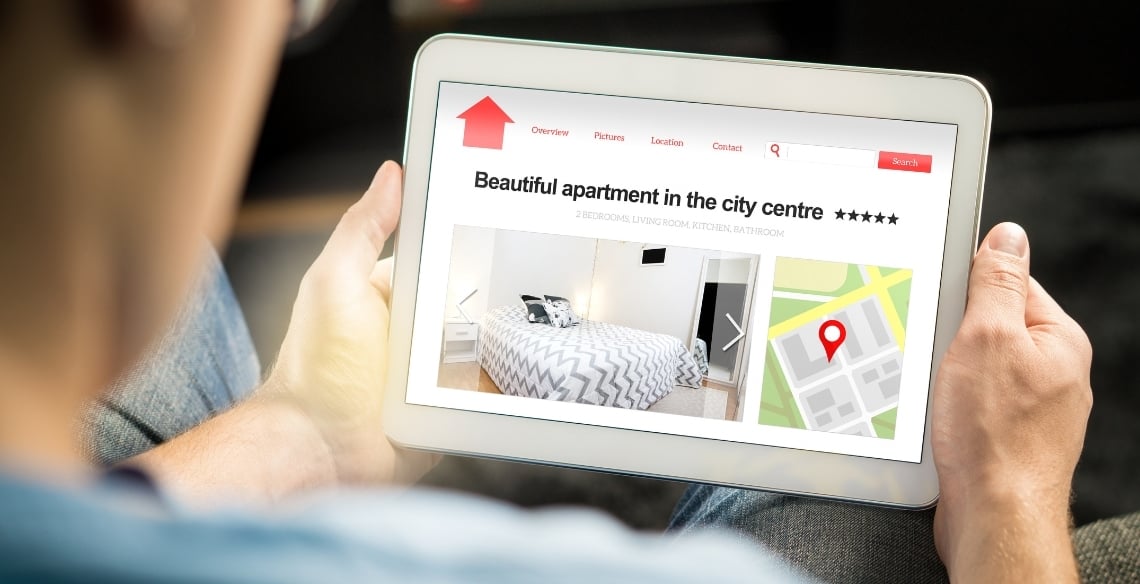With rising hotel costs, record numbers of vacationers are choosing to rent private homes or apartments on sites like Airbnb and Vacation Rentals by Owner (VRBO). Unfortunately, though, vacation rental scams are on the rise as well.
There are several variations of vacation rental scams. Here’s all you need to know about these scams and how to avoid them.
Fake listings, doctored photos
In one version, the vacation rental advertised on Airbnb, or on a similar site, does not exist or is in very poor condition. The scammer uses online images or doctored photos to create the bogus listing, and rounds out the ruse setup by creating several phony reviews.
If someone falls for the scam and rents the “vacation rental,” they’ll be disappointed to arrive at the posted address on the listing and find that the rental does not exist or is run down.
Last-minute rental changes
In another version, an individual rents a listing and receives a message from the renter just before their arrival about a last-minute plumbing emergency at the rental site. They’ll be directed to go to another rental instead. This substitute rental will be in far worse condition than the one the vacationer has actually rented.
Fake, look-alike websites
In yet another variation, a vacationer unknowingly books a rental on an Airbnb look-alike site. Scammers lure their targets toward these sites by creating a site that has a similar URL as a well-known site, which in this case, is Airbnb. The fake website enables scammers to capture the payment information of their victims and use it to empty their accounts, or worse.
Red flags
Avoid a vacation rental scam by looking out for these warning signs:
- The listing is relatively new, yet seems to have multiple reviews from alleged past guests.
- The listing is riddled with typos and spelling mistakes.
- The images of the listing look too professional and perfect.
- The pictures and description of the rental don’t match up to its price.
- The URL of the listing site is not secure.
- The owner asks you to finalize the reservation on a platform that is not the hosting platform.
- The owner insists on being paid via prepaid gift card or wire transfer.
- The owner demands you share more information than they should need for you to reserve a rental.
Protect yourself
Take these steps to protect yourself from a vacation rental scam:
- Use the app for the vacation rental site or if using their website, check the URL to make sure you are on the authentic host site, such as Airbnb.com. Look for signs of a secure site, like the lock icon and the “s” after the “http.”
- Verify that the street address of a rental actually exists. You can also Google the address to see if there are any images associated with the address outside the vacation rental site.
- Do a reverse image search to confirm if the photos are doctored up or copied stock images.
- Never share sensitive information online with an unverified contact.
- Use a credit card for all online purchases.
- Do an online search of the owner and look for anything suspicious.
Don’t let your dream vacation turn into a nightmare. Follow the tips outlined here and stay safe!



